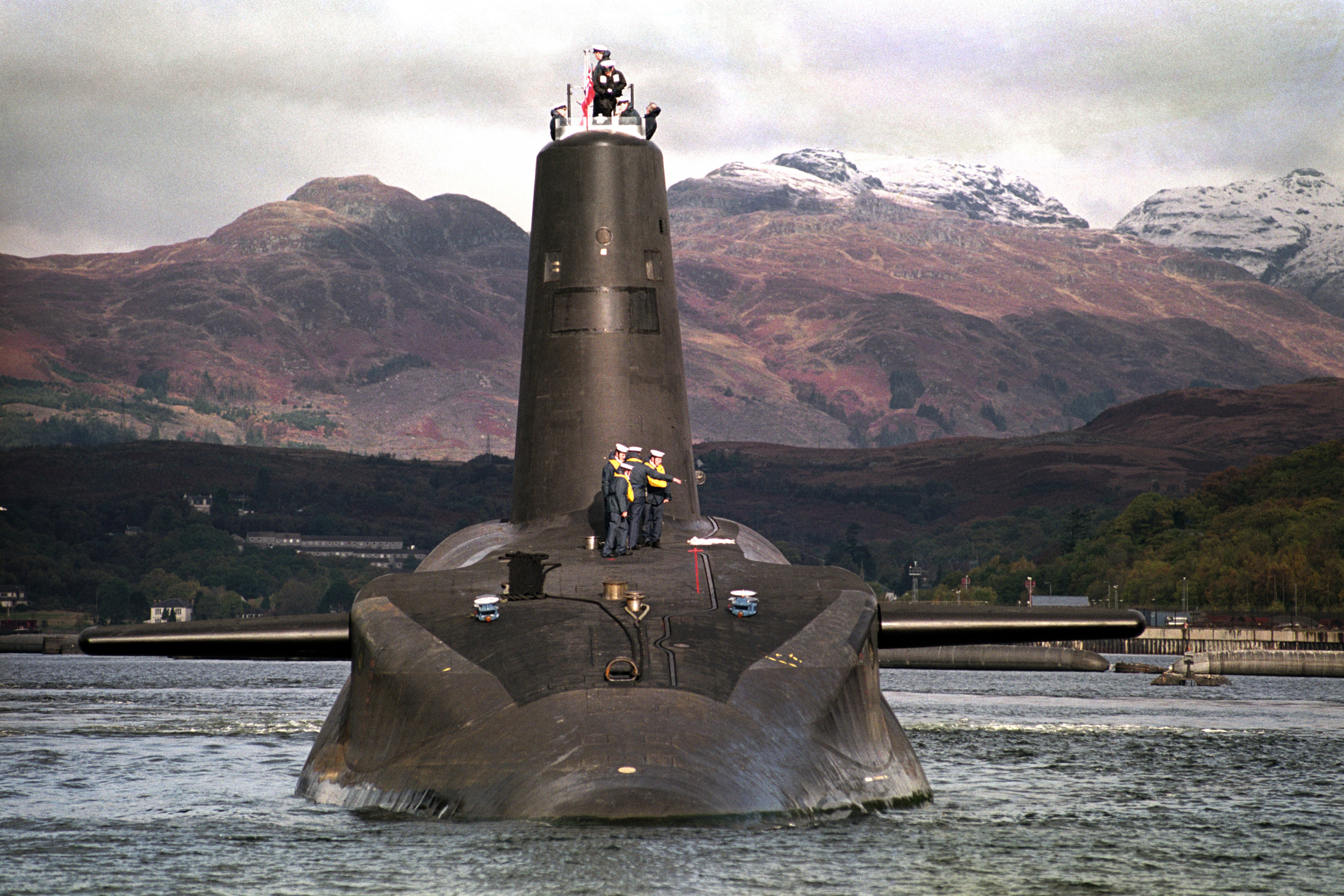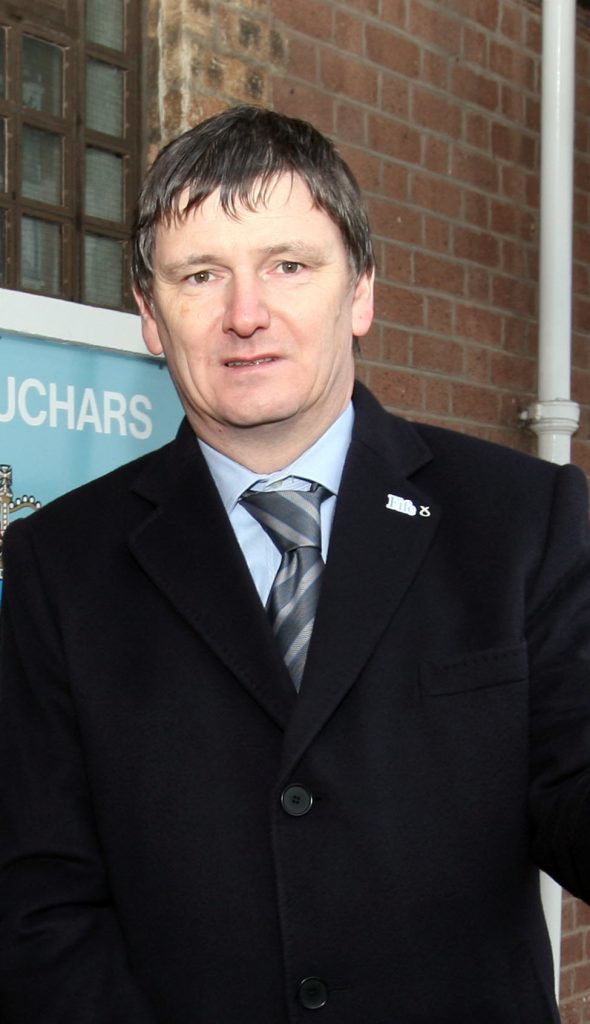A Fife MP has lifted the lid on “astonishing and deeply worrying” mistakes made by the Ministry of Defence, which have led to the costs of replacing Britain’s nuclear weapons and nuclear submarines soaring by a staggering £1.35billion.
Glenrothes and Central Fife SNP MP Peter Grant, who sits on parliament’s Public Accounts Committee, has described the situation as “unacceptable” following the release of a new report that suggests errors made by the MoD are being repeated more than 30 years after they were first highlighted by Britain’s public spending watchdog.
A report by the Public Accounts Committee revealed the Ministry of Defence has left the taxpayer to shoulder cost increases due to the MoD’s poor contract design and management.
Mr Grant said: “Whatever anyone’s views on the rights and wrongs of nuclear weapons, the fact is that basic mistakes by the MoD have meant the cost of replacing these weapons has more than doubled on the original estimates and a key part of this work, building the facility to actually manufacture the nuclear warheads, is over six years behind schedule.
“This is bad enough but the Public Accounts Committee has found that a major cause of delays and overspends has been the Ministry of Defence making the same mistakes they were making over 30 years ago. It’s astonishing and deeply worrying that they have failed to learn from earlier mistakes.
“For example the MOD awarded a contract to build the factory to manufacture the nuclear reactor cores that power nuclear submarines.
“They did this before they had finalised the design of the reactor cores themselves.
“Once the design of the reactors was finalised they discovered they were building a factory that was too small to build them.
“It’s simply not acceptable for any government department to waste over a billion pounds of public money when so many essential public services are under financial pressure.”
The MoD said it “immensely regretted” the waste.
The department also admitted costs could keep rising, as its poor contract design has left the taxpayer to assume financial risk, while doing little to incentivise contractors to improve their performance.
The report found the risks associated with nuclear programmes, civil or military, are too large for private companies and must be managed by the department, regardless of whether it owns the relevant sites or not.
Meg Hillier MP, chair of the Public Accounts Committee, said: “To utterly fail to learn from mistakes over decades, to spectacularly repeat the same mistakes at huge cost to the taxpayer – and at huge cost to confidence in our defence capabilities – is completely unacceptable.
“The Department knows it can’t go on like this, it knows it must change and operate differently. The test now is to see how it will do that, and soon.”











